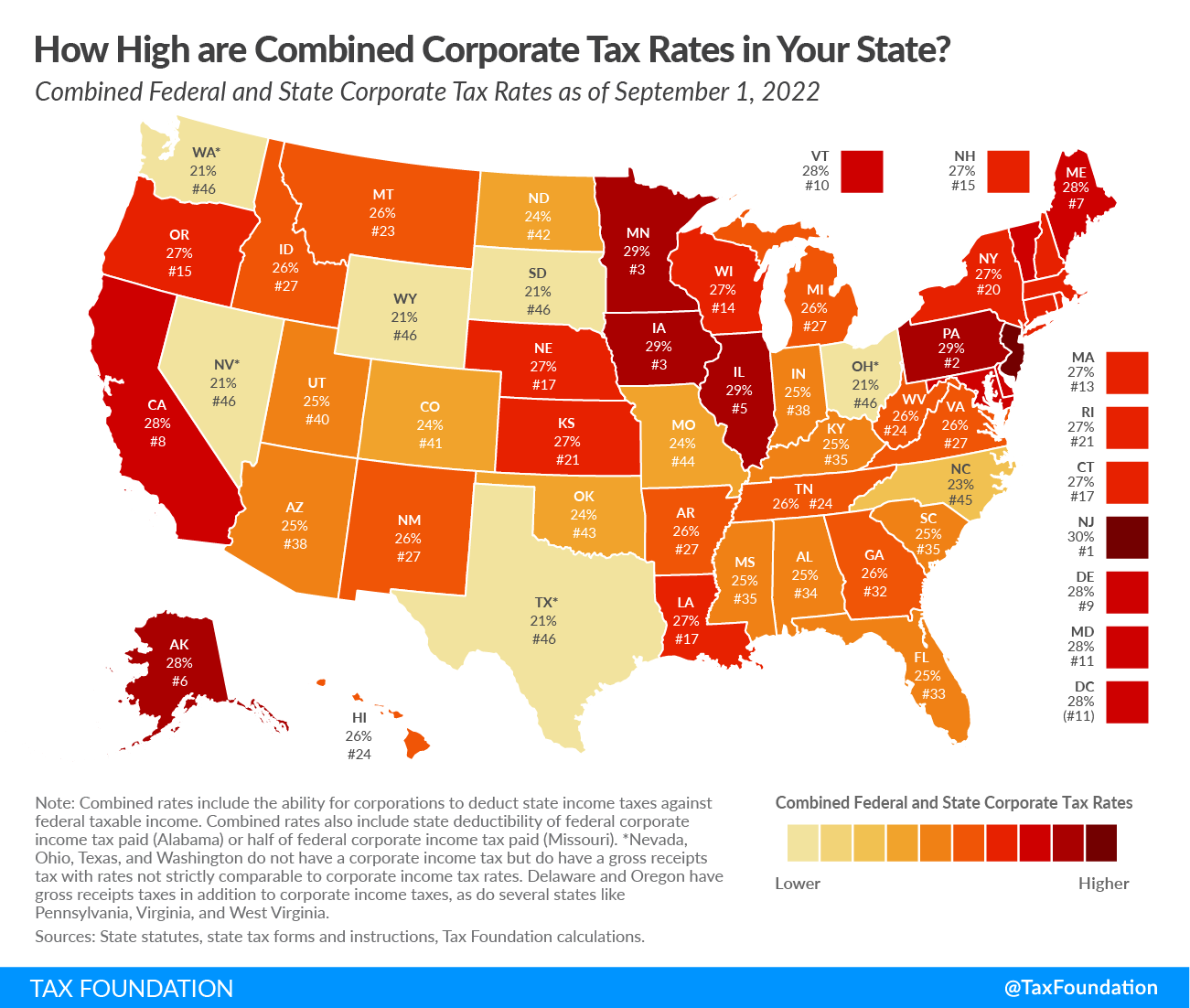GenAI applications in auditing
The buzz surrounding generative AI is hard to ignore. What does GenAI’s use mean for the auditing profession, when headlines declare it has the power to revolutionize industries? Amidst the noise, let’s separate the hype from reality and explore how GenAI can genuinely enhance an auditor’s daily life and work.
Jump to |
What is GenAI and what is its potential impact for audit professionals?
Before diving into specific use cases, let’s quickly define what GenAI is and what it does. Essentially, GenAI uses advanced algorithms to analyze data, identify patterns, and produce content, insights, or predictions.
In the world of auditing, GenAI can automate repetitive and time-consuming tasks, assist with complex data analysis, and provide actionable insights that enable auditors to make better decisions and focus on providing clients with data-driven insights.
Hype vs reality: GenAI use cases for auditors
With its promise of immense benefits and time-savings, today’s auditors would do well to explore the opportunities of embracing GenAI. Let’s take a look at some specific use cases and how they might be able to transform your audit work for the better.
Automate document review
Audit engagements require reviewing contracts, financial statements, and other documentation — a frequently tedious and potentially error-prone process. GenAI tools can quickly extract key data, enabling auditors to free up time spent on oversampling.
For example, with Thomson Reuters Audit Intelligence Analyze, auditors can automate transaction analysis and enhance audit quality by focusing on high-risk areas. This improves audit quality by pulling out unusual transactions, providing the required documentation, and catching items that would normally be missed by humans.
Enhance risk assessment and anomaly detection
Identifying potential risks is at the core of auditing. GenAI can analyze large amounts of financial data in order to identify patterns, trends and anomalies that may have gone unnoticed by manual reviewers. Thomson Reuters Guided Assurance, for example, can assist with key judgments such as risk identification and designing response, by looking at how other firms have identified risks and responded in similar engagements. With guided audit-tracking technology, you’ll have all the tools you need to perform efficient and profitable audits that comply with professional standards and pass peer review.
Stay compliant and keep pace with regulatory changes
Foundational to success in the world of audit is ensuring ongoing compliance amid a complex and ever-changing regulatory environment. Guided engagement processes allow firms to perform more efficient audits, which are profitable and comply with professional standards. Auditors can find it difficult to keep up with the latest regulations and compliance standards, as they are constantly changing. AI-powered solutions help auditors streamline research processes and find answers to complex accounting and tax questions. With advanced search capabilities and concept-based navigation, auditors can parse through vast amounts of regulatory information, ensuring they stay current with the latest requirements.
With an AI-powered tax research assistant, you can streamline your workflow, reduce research time, and enhance the overall quality and efficiency of your audits.
Unlock data-driven insights
With the ability to forecast financial outcomes, identify trends, and simulate scenarios, GenAI empowers auditors to deliver strategic guidance beyond the traditional audit report and provide clients with valuable, data-driven insights.
For example, utilizing AI-powered solutions can help to streamline numerous processes and workflows across the firm. Thomson Reuters Cloud Audit Suite provides an end-toend solution to ensure more efficient audits and assurance engagements. By integrating risk assessment, documentation, and procedural linkage, you’ll not only streamline workflows but also ensure that risks and responses are systematically documented, reducing compliance deficiencies and improving overall audit efficiency.
Dispelling the myth around disruption
According to the Thomson Reuters Institute 2024 Audit Survey, most respondents agreed that their audit firms must evolve in their adoption of progressive technology like GenAI to keep pace with evolving peer review practices and audit standards. However, a delay in adoption most likely stems from a variety of challenges, including lack of resources, staff, or quite simply the time to integrate new technologies into their operations.
Additionally, many auditors are hesitant to adopt, thinking they must radically overhaul their firm and methodology to adopt these new technologies.
The reality is that GenAI does not need to be revolutionary or disrupt your practice. It can be incremental and evolve over time, rather than all at once. That’s why it’s important to choose a technology provider with long-term stability who can partner with your audit firm to deliver the latest tools and technologies in a way that works best for you.
Apply the power of AI to your firm’s audit processes
With Thomson Reuters, adopting the latest AI-powered technology doesn’t mean you have to disrupt or replace your current audit workflow. We provide support in a way that is practical and guided, and aligns with the processes of your firm and meets professional standards.






